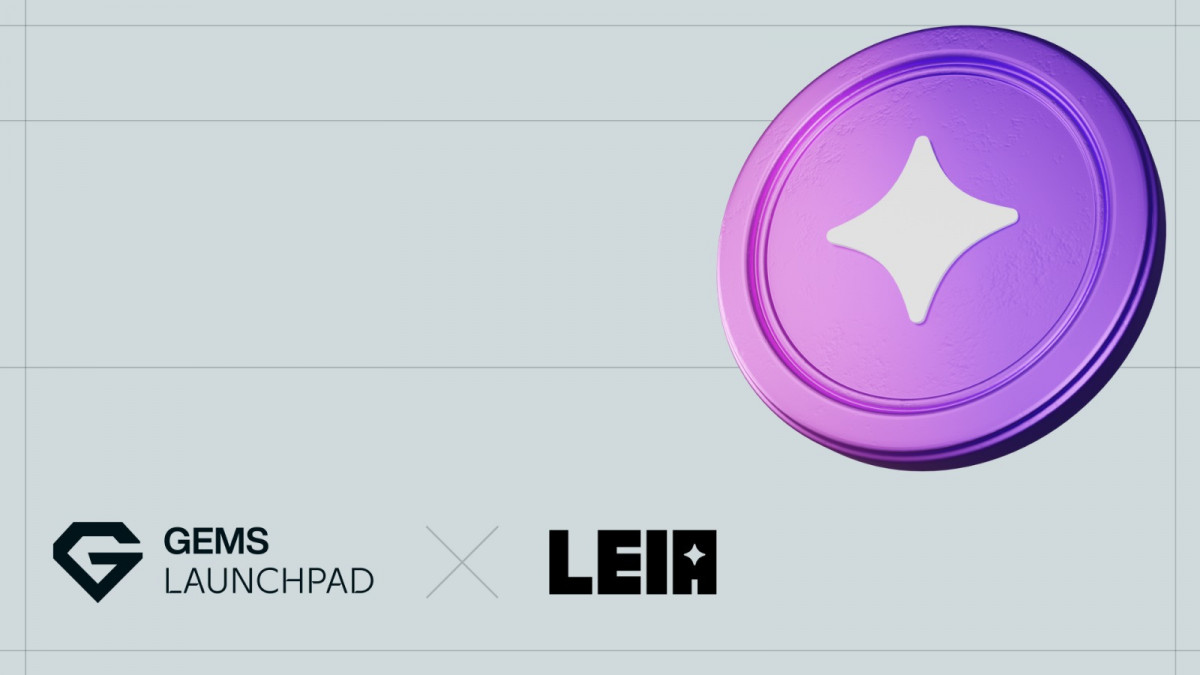Bitcoin (BTC) briefly broke above $24,000 on July 20, but the excitement lasted less than two hours after the resistance level proved more challenging than expected. A positive is that the $24,280 high represents a 28.5% increase from the July 13 swing low at $18,900.
According to Yahoo Finance, on July 19, the Bank of America published its latest fund managers survey, and the headline was “I’m so bearish, I’m bullish.” The report cited investors’ pessimism, expectations of weak corporate earnings and equity allocations being at the lowest level since September 2008.
The 4.6% advance on the tech-heavy Nasdaq Composite Index between July 18 and 20 also provided the necessary hope for bulls to profit from the upcoming July 22 weekly options expiry.
Global macroeconomic tensions eased on July 20 after Russian President Vladimir Putin confirmed plans to reestablish the Nord Stream gas pipeline flow after the current maintenance period. However, in the course of the last few months, data shows that Germany has reduced its reliance on Russian gas from 55% to 35% of its demand.
Bears placed their bets at $21,000 or lower
The open interest for the July 22 options expiry is $540 million, but the actual figure will be lower since bears have been caught by surprise. These traders did not expect a 23% rally from July 13 to Ju20 because their bets targeted $22,000 and lower.
The 1.09 call-to-put ratio shows the balance between the $280 million call (buy) open interest and the $260 million put (sell) options. Currently, Bitcoin stands near $23,500, meaning most bearish bets will likely become worthless.
If Bitcoin’s price remains above $22,000 at 8:00 am UTC on July 22, only $30 million worth of these put (sell) options will be available. This difference happens because the right to sell Bitcoin at $22,000 is useless if BTC trades above that level on expiry.
Bears aim for $24,000 to secure a $235 million profit
Below are the four most likely scenarios based on the current price action. The number of options contracts available on July 22 for call (bull) and put (bear) instruments varies, depending on the expiry price. The imbalance favoring each side constitutes the theoretical profit:
- Between $20,000 and $21,000: 900 calls vs. 3,000 puts. The net result favors the put (bear) instruments by $60 million.
- Between $21,000 and $22,000: 2,400 calls vs. 3,000 puts. The net result is balanced between bulls and bears.
- Between $22,000 and $24,000: 6,600 calls vs. 500 puts. The net result favors the call (bull) instruments by $140 million.
- Between $24,000 and $26,000: 9,400 calls vs. 0 puts. Bulls take total control, profiting $235 million.
This crude estimate considers the put options used in bearish bets and the call options exclusively in neutral-to-bullish trades. Even so, this oversimplification disregards more complex investment strategies.
For example, a trader could have sold a put option, effectively gaining positive exposure to Bitcoin above a specific price, but unfortunately, there’s no easy way to estimate this effect.
Related: Bitcoin may hit $120K in 2023, says trader as BTC price gains 25% in a week
Bears have until Friday to turn things around
Bitcoin bears need to pressure the price below $22,000 on July 22 to avoid a $140 million loss. On the other hand, the bulls’ best-case scenario requires a slight push above $24,000 to maximize their gains.
Bitcoin bears just had $222 million leverage long positions liquidated from July 17 to 20, so they should have less margin required to drive the price higher. In other words, bulls have a head start to sustain BTC above $22,000 ahead of the July 22 options expiry.
The views and opinions expressed here are solely those of the author and do not necessarily reflect the views of Cointelegraph. Every investment and trading move involves risk. You should conduct your own research when making a decision.
Read More: cointelegraph.com









 Bitcoin
Bitcoin  Ethereum
Ethereum  Tether
Tether  XRP
XRP  Solana
Solana  Dogecoin
Dogecoin  USDC
USDC  Cardano
Cardano  Lido Staked Ether
Lido Staked Ether  TRON
TRON  Avalanche
Avalanche  Sui
Sui  Wrapped stETH
Wrapped stETH  Toncoin
Toncoin  Chainlink
Chainlink  Shiba Inu
Shiba Inu  Wrapped Bitcoin
Wrapped Bitcoin  Stellar
Stellar  Hedera
Hedera  Polkadot
Polkadot  WETH
WETH  Bitcoin Cash
Bitcoin Cash  LEO Token
LEO Token  Litecoin
Litecoin  Uniswap
Uniswap  Pepe
Pepe  Hyperliquid
Hyperliquid  Wrapped eETH
Wrapped eETH  NEAR Protocol
NEAR Protocol  Ethena USDe
Ethena USDe  USDS
USDS  Internet Computer
Internet Computer  Aptos
Aptos  Aave
Aave  Mantle
Mantle  POL (ex-MATIC)
POL (ex-MATIC)  Cronos
Cronos  Ethereum Classic
Ethereum Classic  Render
Render  Bittensor
Bittensor  MANTRA
MANTRA  Monero
Monero  Tokenize Xchange
Tokenize Xchange  Artificial Superintelligence Alliance
Artificial Superintelligence Alliance  Dai
Dai  Virtuals Protocol
Virtuals Protocol  Arbitrum
Arbitrum